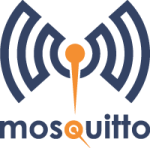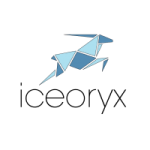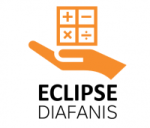Internet of Things (IoT)
The Eclipse IoT Working Group is a collaboration of industry and academic partners who are building a set of open source technology that will be the foundation for the Internet of Things (IoT). The focus of the collaboration is on building 1) open source implementations of IoT standards and protocols, 2) open source frameworks and services that will be used by IoT solutions, and 3) tools for IoT developers. This wiki page tracks the activities of the working group.
The iot.eclipse.org web site is intended to be the source of information for people who want to use the Eclipse IoT technology.













